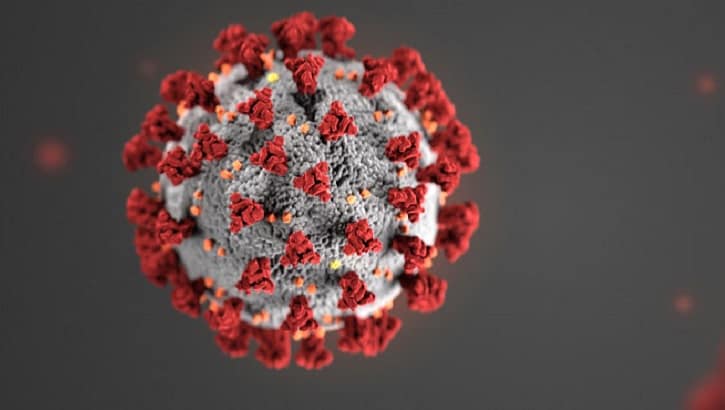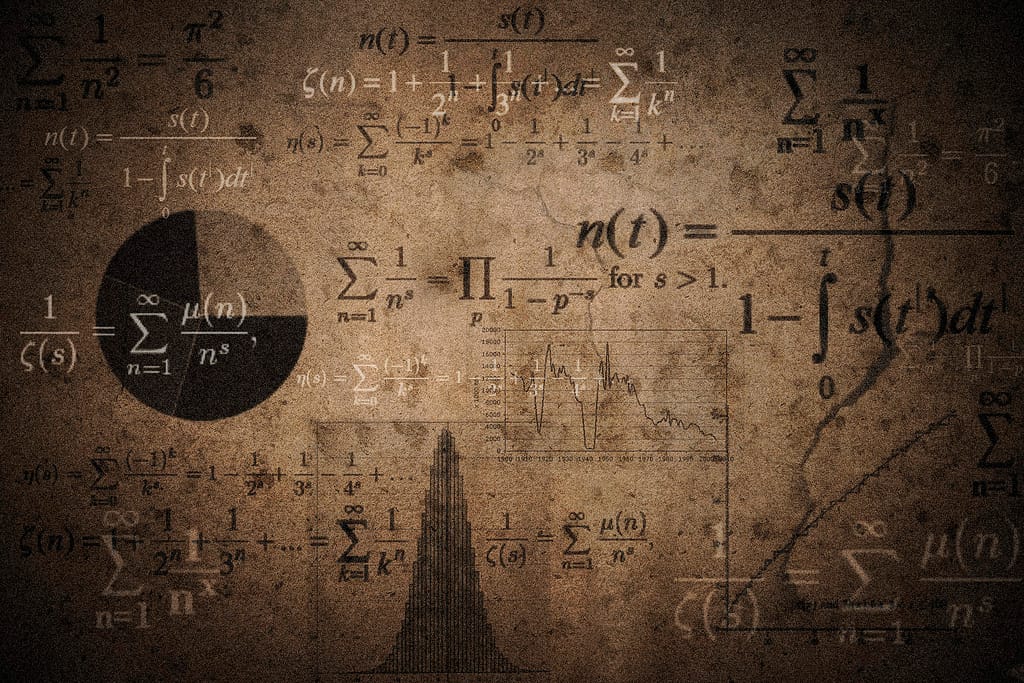Prof dr Casper Albers reflects on the numbers, and the rhetoric, of the corona crisis. (How do you tell the truth in a way that’s helpful both to the public and to policy-makers?)
Don van Ravenzwaaij, Casper Albers, Maarten Derksen and Rink Hoekstra discuss how statistical misreporting can be propagated by experts. (Part 2 of our series on citation practices in psychology.)
In my last post, “To p or not to p”, I promised to write a follow-up post in which I would tell you all about Bayesian hypothesis testing. Although I can do that (and I will), I recognize that there is something dry about listing a bunch of properties about some statsy technique. You can […]
Everyone uses p-values (in empirical psychological research anyway), but is that the best idea? In this blogpost, I will outline four problems that are associated with using p-values in inferential statistics.
The term deep learning has been coined to refer to the training process of effective, complex multilayer artificial neural networks, also called deep neural networks. Deep neural networks have been applied to solve various problems in a plethora of fields, as exemplified in this article.
The classical way of conducting experiments in empirical psychology is useful for understanding psychological constructs. However, using measurement-intensive longitudinal data is essential when you wish to truly understand psychological processes. For analyzing such data, new type of methods are required. Casper Albers explains the merits of these methods.
Key statistical concepts are poorly understood. I discuss a recent study in which we asked 120 researchers and 442 first-year students a series of questions about confidence intervals. Both groups performed miserably. Surprisingly, researchers failed to outperform the students, even though the students had not received any statistical education whatsoever.







